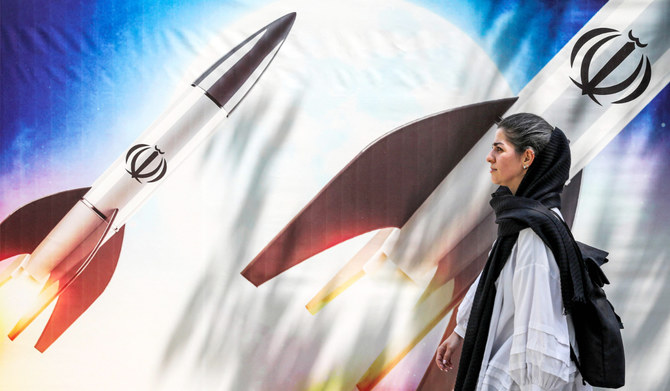
To the world’s surprise, the Trump administration renewed waivers for five of Iran’s nuclear programs, allowing Russia, China and European countries to maintain their civilian nuclear cooperation with the Islamic republic.
US President Donald Trump took this decision following advice from his Treasury Secretary Steven Mnuchin, despite objections from Secretary of State Mike Pompeo and National Security Advisor John Bolton, two anti-Iran hawks.
One wonders whether the Trump administration is relinquishing its “maximum pressure” strategy with Iran, or just adopting a new tactic to bring Tehran to the negotiating table or to buy time. Or maybe the US does not want to confront China, Russia and Europe, which do not seem to be in line with its Iran policy.
Trump is known for his approach of maximum pressure with everyone. This policy is starting to prove ineffective when applied across the board. His administration applies maximum pressure on foes as well as allies. Foes who see themselves as cornered are showing more defiance instead of caving in, while this attitude has irked allies.
For example, Trump described Germany, a key US ally and Europe’s largest economy, as a “captive to Russia.” He also said the Germans are “bad, very bad” and owe lots of money to NATO. His attitude — coming across like a landlord collecting rent — is detrimental to US-European relations. As a result, Europeans are not toeing the line — on the contrary, they are distancing themselves from the Trump administration.
But it needs them for sanctions to be effective. Meanwhile, the Iranians, who see that they can garner the sympathy of Europe, China and Russia, are encouraged to defy the US. “Maximum pressure” is not working well so far. Despite a deteriorating economy, Iran is not showing any sign of compromise. As such, those waivers might be steps to ditch the faltering “maximum pressure” approach and return to the nuclear deal under a different name.
On the other hand, the Trump administration might be using this as a tactic to force Tehran to make a larger concession. Sun Tzu, the great Chinese general, believed that instead of cornering one’s enemy, it is better to provide a small window for him to escape, and to finish him off while he is trying to do so. Maybe Trump is trying to follow Sun Tzu’s advice. If that is the case, Trump might be extending bait to Iran.
Trump is known for his approach of maximum pressure with everyone. This policy is starting to prove ineffective when applied across the board.
Dania Koleilat Khatib
Or the waivers might be a time-buying tactic to prevent embarrassment. Any aggressive act by Iran against the US that the latter does not respond to is an embarrassment to the Trump administration, even if it does not admit it. As such, Trump might be buying some calm from the Iranians while he campaigns for the 2020 elections.
He might do this while preparing for a major strike on Iran after the elections. A military confrontation is not welcomed by his isolationist base, especially since he campaigned on a non-interventionist agenda, so he cannot take a risk and strike before the elections.
The waivers could also be a way to bring Tehran to the negotiating table. Even if the talks do not amount to a new deal, Trump would market them to his base as a foreign policy score. Or he simply does not want to be defied by Russia, China and other countries that have ongoing projects in Iran.
According to Mnuchin’s advice, if the waivers are not extended, the US will have to sanction those countries. Maybe the Trump administration has realized that the US cannot afford further confrontation with world powers that are trying to salvage the nuclear deal. Britain, France, Germany, Russia and China met in Vienna on July 28 in order to come up with ways to circumvent sanctions. A senior Iranian official said the atmosphere was “constructive.”
Tehran is pressuring the remaining parties to offset US sanctions. Perhaps the Trump administration does not want to extend sanctions and see the Europeans, Chinese and Russians pushed further toward Iran.
This could also be a genuine goodwill gesture by Trump. He might be giving Tehran a grace period to re-evaluate its policy. Since the US withdrew from the nuclear deal, according to the International Monetary Fund, Iran’s economy contracted by 3.9 percent in 2018, and is expected to shrink by 6 percent in 2019. The situation is unsustainable. If Trump gets re-elected, the Iranians will be stuck with a crashing economy for another five and a half years.
Time will tell what Trump’s true intentions are, but more important than his motives is Iran’s reaction. Will Tehran look at this decision as a goodwill gesture and resume talks with the US, or will it view it as a sign of weakness and maintain its defiance until Washington returns to the nuclear deal?












